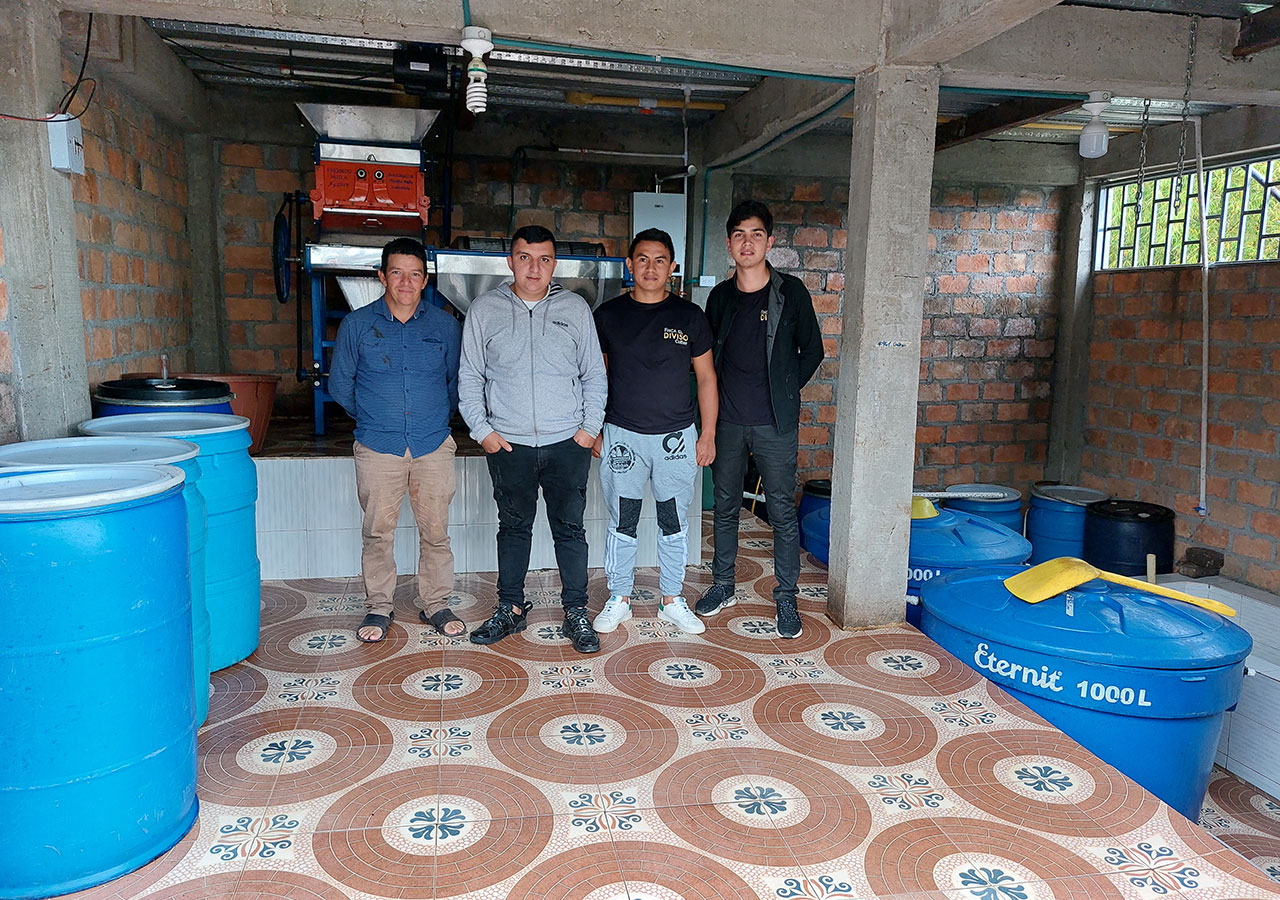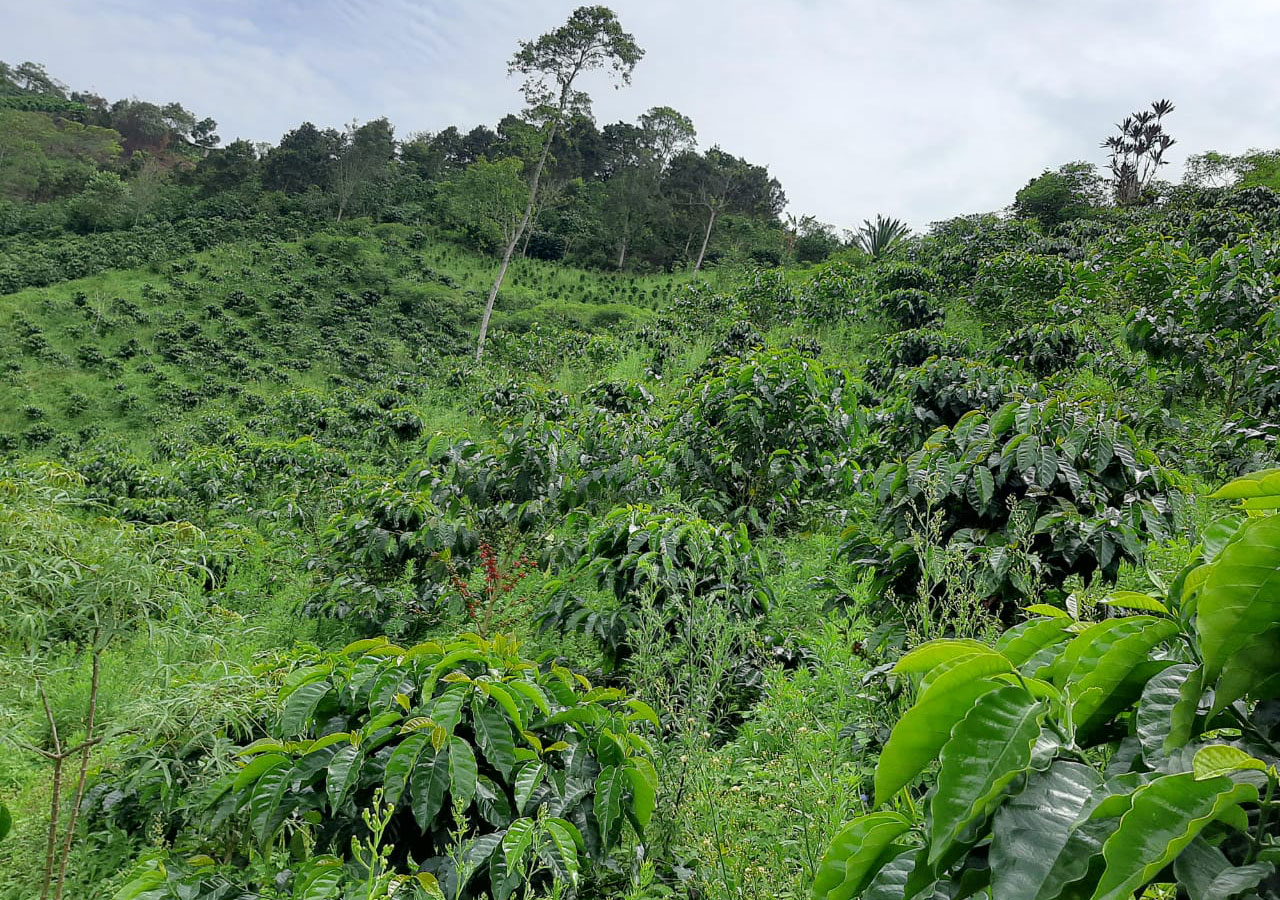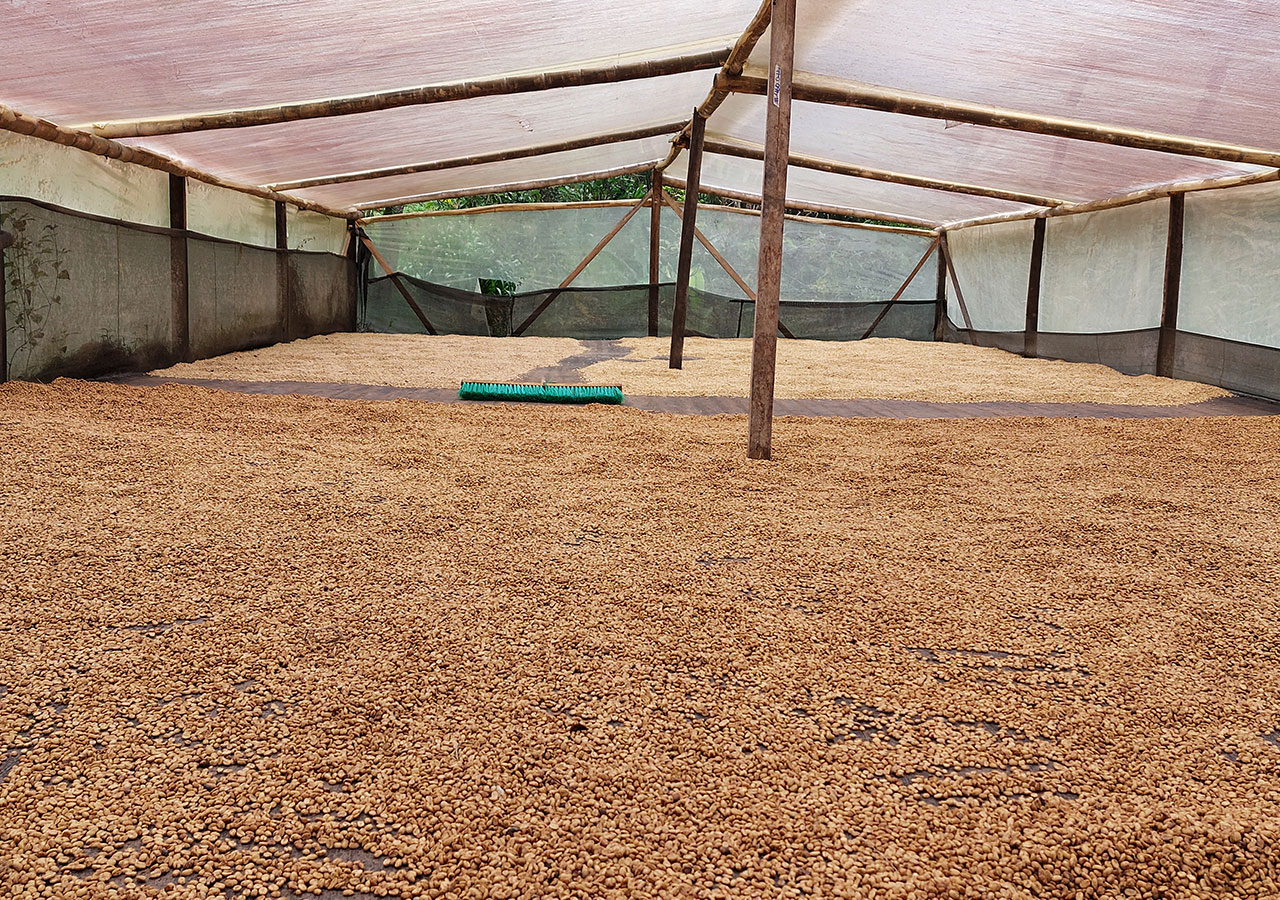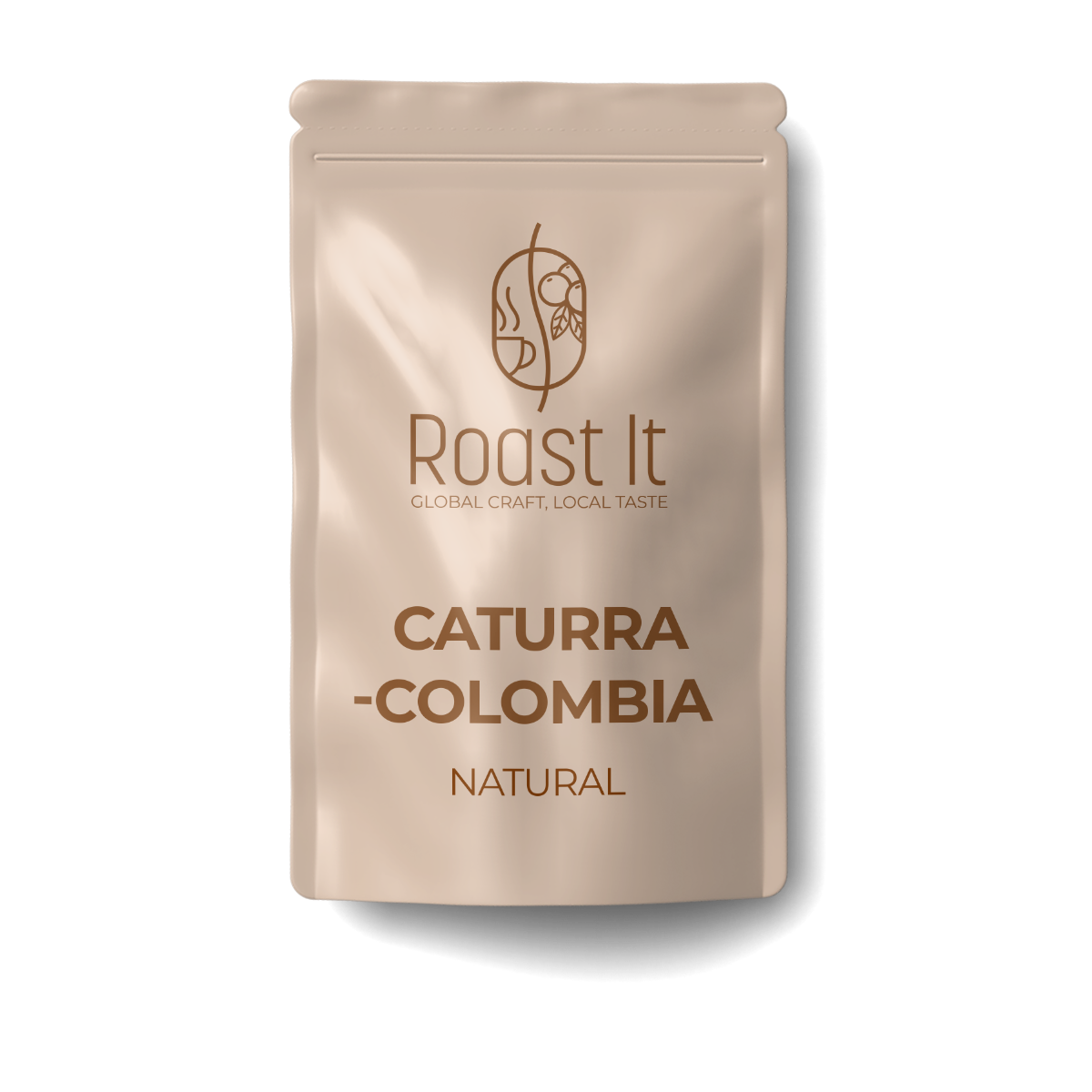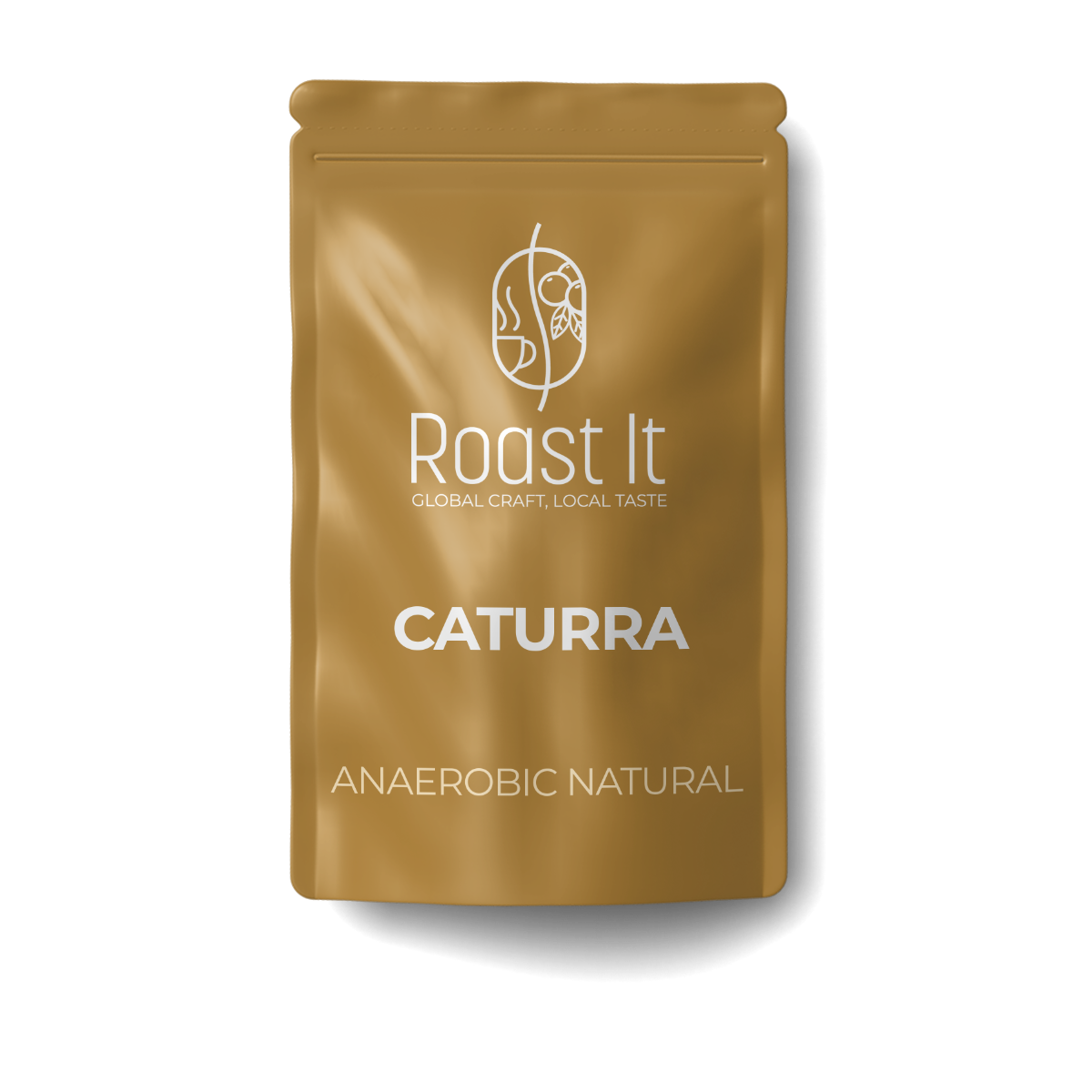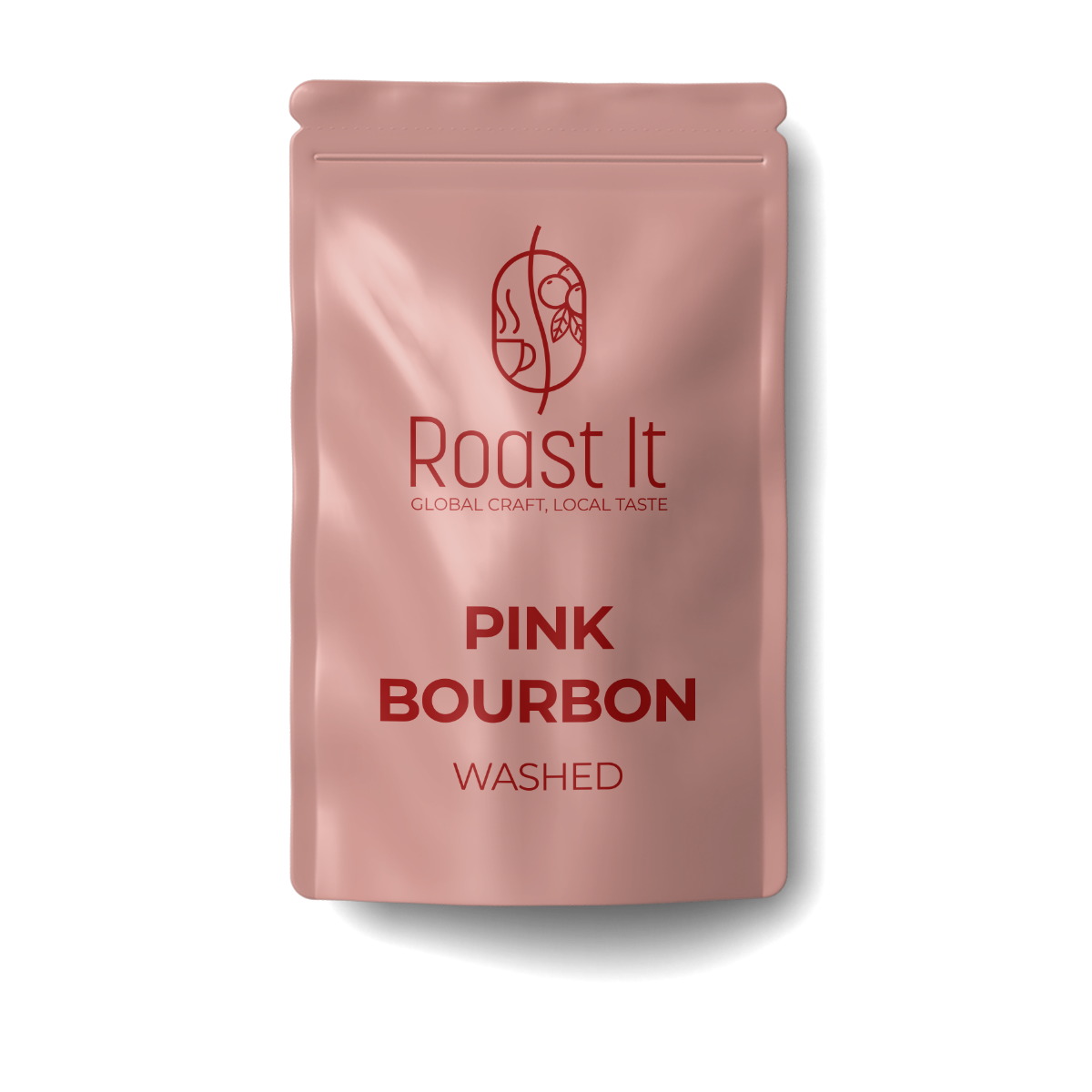Origin
El Diviso
Colombia
Pitalito, Huila
Nestor Lasso & Adrian Lasso
Coffee specifications
Yellow Bourbon
1550m - 1850m
Washed
October - December
35 kg w/ GrainPro
88
Lime, spice, rosemary, green tea, yellow fruits
Denver, CO
Farm history
Néstor and Adrian are two young people who represent the new generation of producers, they are risk-takers, innovative, dedicated, they continually experiment, always looking for new flavors, other profiles, they want to produce a unique coffee.
Néstor is responsible for the farm, he finished school and decided to start working alongside his father on the farm, but by doing things in a different way, he realized that he could not continue in traditional coffee farming as his father had. done for a long time, so he convinced him to plant other varieties and start producing very high quality coffees since he saw great potential in the market. Adrian is much younger, he is characterized by discipline and order, that is why he is the person in charge of coffee processing, he is observant and curious, he rigorously keeps records of everything that happens in the wet mill and then understand what they find in the cupping laboratory.
In 2017 they had the opportunity to travel to Ecuador and obtain some seeds of a rare varietal that they did not know, brought directly from Ethiopia to an experimental center. They tried the coffee and were delighted with the aromatic, floral and sweet notes they found in the cup, so they decided to settle on the farm.
Process
This meticulous process starts with selective harvesting. We handpick coffee cherries at their peak ripeness, ensuring maximum sweetness measured by a special tool called a refractometer. The cherries are then transported to a specialized processing facility (wet mill) where they undergo a rigorous selection process. First, tanks are used to remove any unripe or under-developed beans. Next, our skilled team meticulously handpicks out any remaining imperfections. Once only the best cherries remain, they are disinfected and oxidized for 24 hours. Following this, the pulp is removed, and the beans undergo a 72-hour anaerobic fermentation process. Finally, the coffee is washed clean and laid out on drying canopies for about 10 days under the warm sun.
Want to experience the difference these beans can make? Let us show you!

